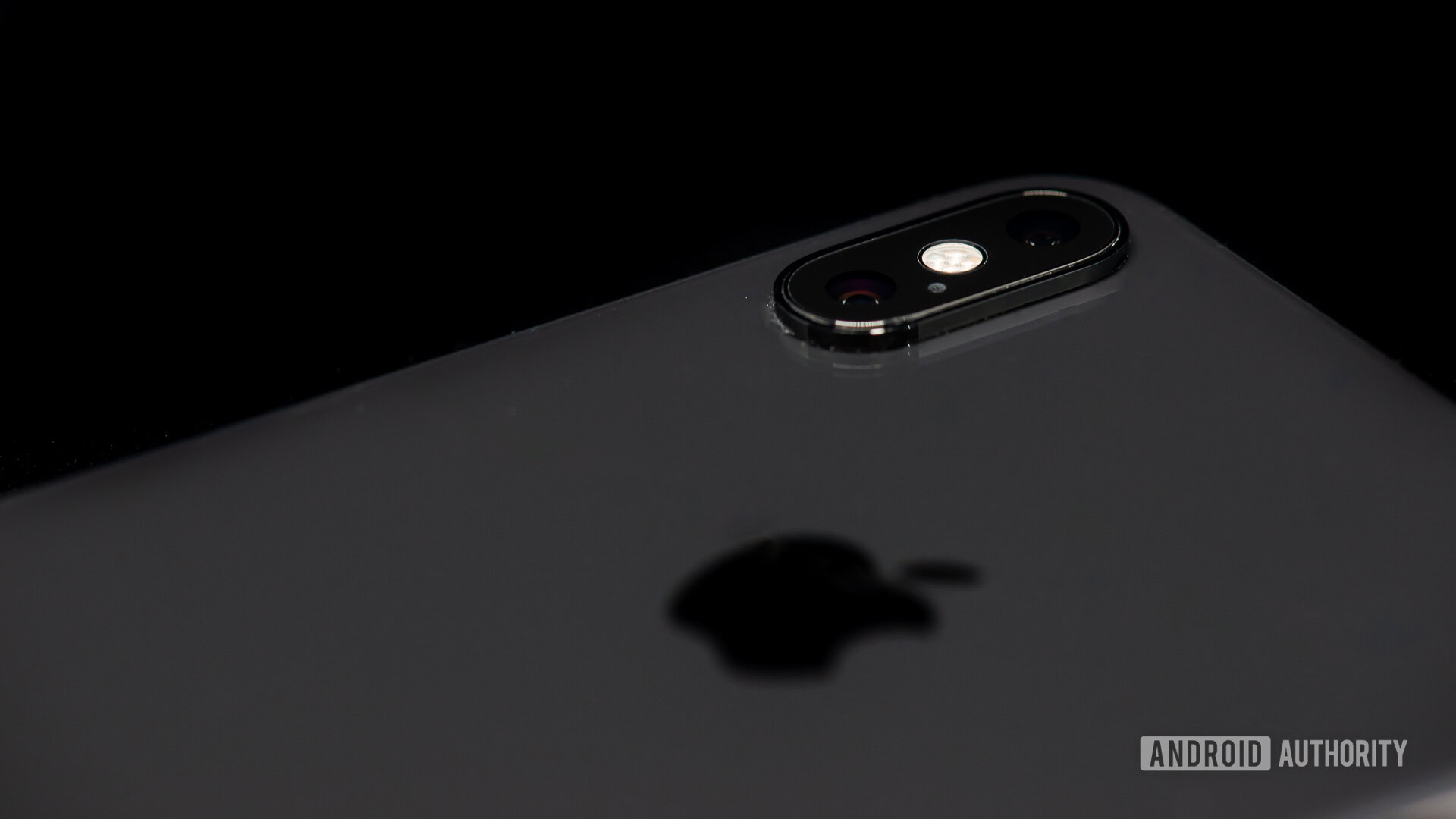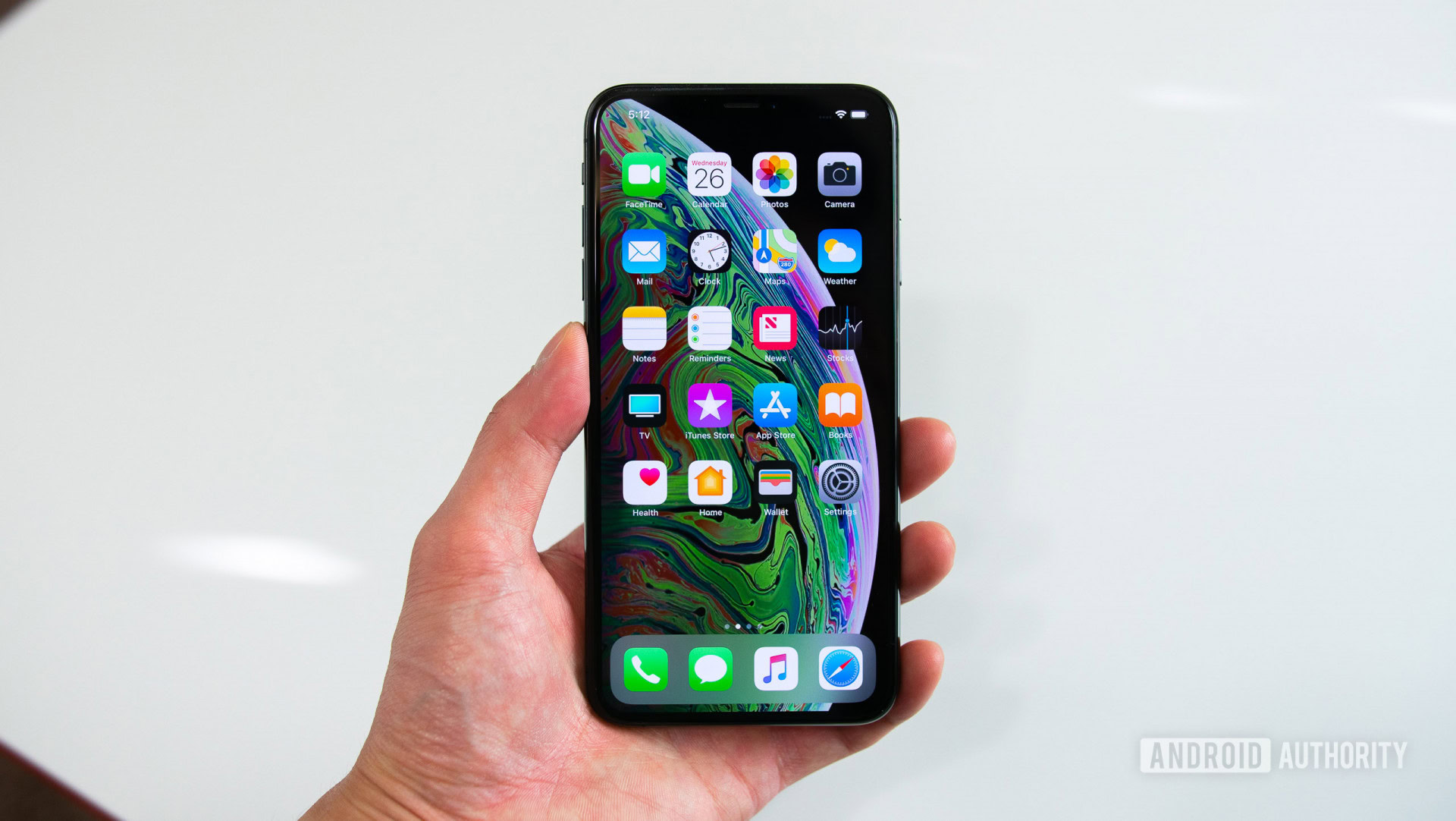Affiliate links on Android Authority may earn us a commission. Learn more.
Apple and Qualcomm drop all litigation worldwide, ink new chipset deal
Published onApril 16, 2019

- After years of global litigation, Apple and Qualcomm have settled all disputes.
- Apple has paid a settlement to Qualcomm, and the two companies have inked a deal to work together again.
- This very unexpected outcome likely has to do mostly with modems for upcoming iPhones.
Today is a day few of us thought would ever come: Apple and Qualcomm have called a truce and ceased all litigation against each other around the world. What’s more, they have reached a new royalty agreement as well as inked a new deal for Apple to buy Qualcomm chipsets.
Apple released the news via Business Wire today. The settlement includes a payment from Apple to Qualcomm for an undisclosed sum.
The royalty agreement — pertaining to the licensing of Qualcomm patents for use in Apple products — will last for six years, effective April 1, 2019.
Today’s news comes on the back of dozens of legal fights between the two companies lasting for years at a time all over the world. Although the litigation was slightly different in each iteration, almost all of them came down to a pretty simple quarrel: Qualcomm has patents it thinks Apple’s infringing, and Apple thinks Qualcomm is essentially a patent troll.
The fights tied up legal courts here in the United States as well as in various countries abroad, with seemingly no sign of one company budging an inch for the other.

However, things for Apple have become a bit dire recently, which is likely the reason for this unexpected truce. Due to the myriad legal spats, Qualcomm refused to work with Apple any longer, pushing Apple to rely on other companies — most prominently Intel — for chipset-related needs. Intel is reportedly very much behind Qualcomm when it comes to R&D, which reportedly frustrated Apple.
This caused major issues for the progression of Apple’s star product, the iPhone.
Over the past few months we have heard rumors suggesting Apple would try to go it alone by creating its own modems for upcoming iPhones, as it already does its main processors. However, this would likely result in no 5G iPhone landing until 2020, possibly even 2021. This problem is probably a major reason that Apple settled with Qualcomm. It’s also why Qualcomm’s new royalty arrangement and chipset deal is very likely quite beneficial for Qualcomm, not so much for Apple.
It isn’t yet clear if this deal will change anything about the new iPhones we expect to land in September this year. It’s possible it is too late for Qualcomm to have a major hand in developing products for Apple in that regard. As we get closer to September, information will likely come to light.
NEXT: Apple might make its own modems, cutting its reliance on Intel (and Qualcomm)